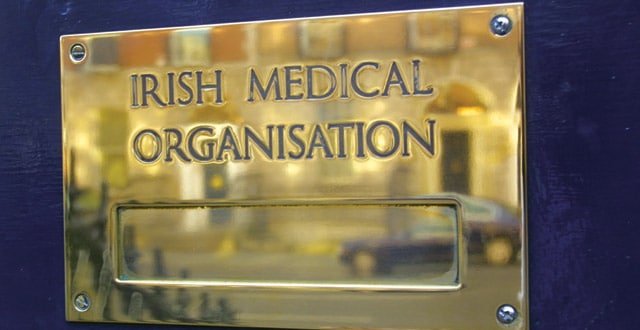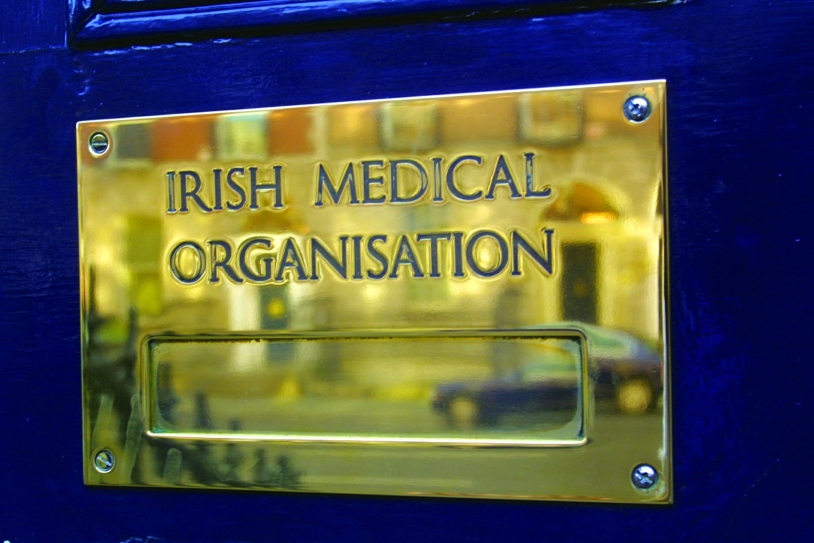A leading consultant in obstetrics and gynaecology has warned that the increasingly negative environment for the profession in Ireland threatens to leave the country with a shortage of obstetricians and gynaecologists in the future.
Dr. Suzanne O’Sullivan, Consultant in Obstetrics and Gynaecology in Cork University Hospital was speaking at the IMO AGM in Killarney. Dr. O’Sullivan joined a number of speakers who explored the fallout of medical controversies and how recent controversies have been dealt with in Ireland. Other speakers included journalists Alison O’Connor and Martin Wall and patient advocate, Ms. Bernie O’Reilly.
Dr. O’Sullivan said; “The extensive media and political concentration on controversies of the type we saw during the Cervical Check controversy is having a chilling effect on obstetrics and gynaecology. The working environment for people in the profession is increasingly hostile and 90% of trainees in this field in a recent survey said that they had been subject to abusive behaviour at work.”
Dr O’Sullivan warned that there is real harm done to patients and care-givers when there are “knee-jerk, populist reactions by politicians and misleading newspaper headlines of the type we saw during the Cervical Check controversy.”
Ms Bernie O’Reilly, Chairperson of Patient Safety Ireland said that while it was important that health care professionals listened to patients, it has to be demoralising when there is so much negativity in the news.”
Speaking about the Cervical Check controversy, Mr Martin Wall of the Irish Times, said that while the lack of medical experts and specialist representation bodies speaking up played a role in how the controversy played out, the media also needed to learn lessons from how it covered the cervical controversy; how it, for example, interviewed lawyers in relation to the issue.
Journalist and commentator, Ms Alison O’Connor said that politicians had “fuelled public hysteria around the crisis and some opposition politicians had behaved shamelessly and had spread inaccurate information.”
Ms O’Connor noted that the public is “only too willing” to believe the worst of medical and health issues. She also noted that key medical bodies including the Medical Council had been slow to engage in the debate and correct errors that were being treated as fact.













Leave a Reply
You must be logged in to post a comment.